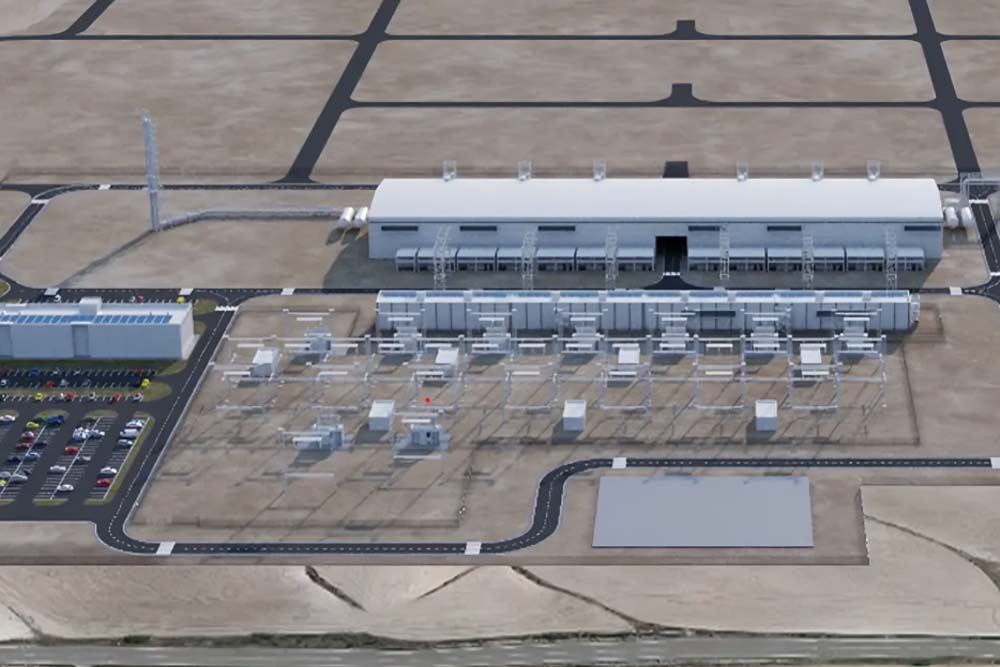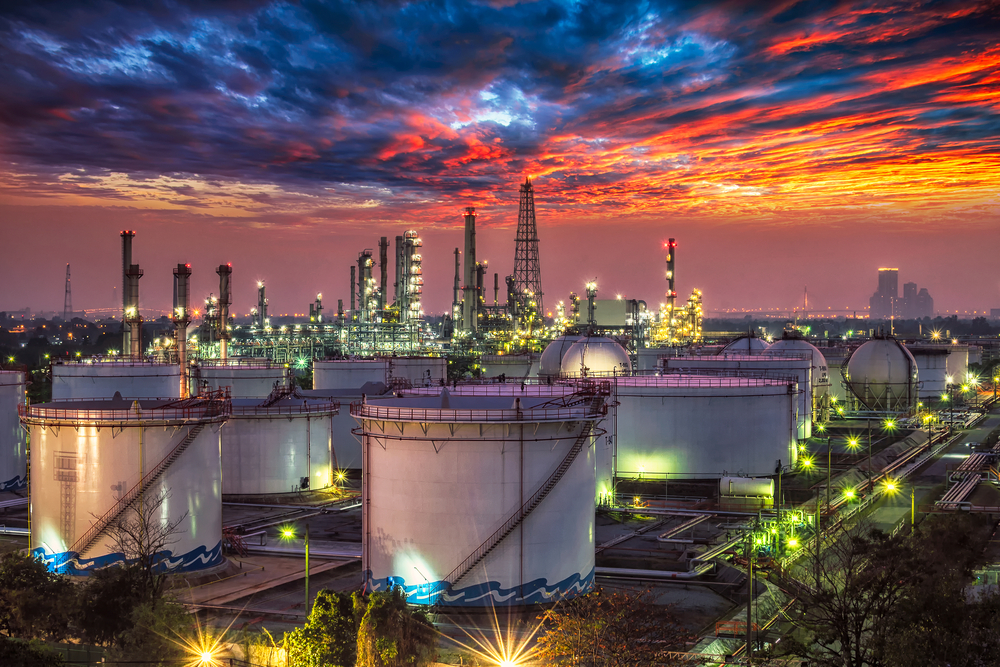
The oil and gas industry’s push towards energy transition and decarbonisation has experienced a slowdown in 2023, a trend likely to continue into 2024, according to a recent report by GlobalData.
The industry’s shift towards low-carbon energy sources is expected to proceed, albeit at a reduced pace, as companies grapple with heightened energy security concerns and economic pressures.
GlobalData’s thematic report, “Energy Transition in Oil and Gas,” highlights the industry’s efforts to adopt renewable power and other low-carbon options.
Many leading companies have set 2050 as their target for achieving net-zero carbon emissions, with crucial interim goals for 2030.
Ravindra Puranik, Oil and Gas Analyst at GlobalData, explains: “Energy security has been a concern for most countries following the outbreak of the Russia-Ukraine war. The resultant supply chain disruption drove countries towards the readily available fossil fuels, thereby boosting oil and gas demand.”
The global landscape has shifted significantly since 2020 when numerous oil and gas companies announced ambitious energy transition targets.
High inflation rates, rising interest rates, and profitability concerns have created uncertainties around renewable projects, dampening the initial enthusiasm.
Despite these challenges, the industry continues to explore various avenues for energy transition:
- Renewable power generation, particularly wind and solar
- Carbon capture technologies
- Hydrogen production
- Low-carbon fuels
- Energy storage solutions, primarily batteries
The share of fossil fuels in the global power generation mix is gradually decreasing, with renewable energy sources filling the gap.
Oil and gas companies are increasingly venturing into renewable power generation as part of their transition strategies.
Puranik emphasises that the industry’s energy transition requires long-term planning to reduce or eliminate carbon emissions.
“In the short to medium-term, companies must incorporate transition fuels as well as low-carbon and zero-carbon energy sources in their portfolios,” he stated.
While the pace of energy transition in the oil and gas industry may have slowed, experts believe it will continue to shape the future global energy mix.
The industry faces the challenge of balancing immediate energy security needs with long-term sustainability goals, navigating a complex landscape of economic pressures and environmental imperatives.
As the world moves towards a lower-carbon future, the oil and gas industry’s ability to adapt and innovate will be crucial in determining its role in the evolving energy landscape.







